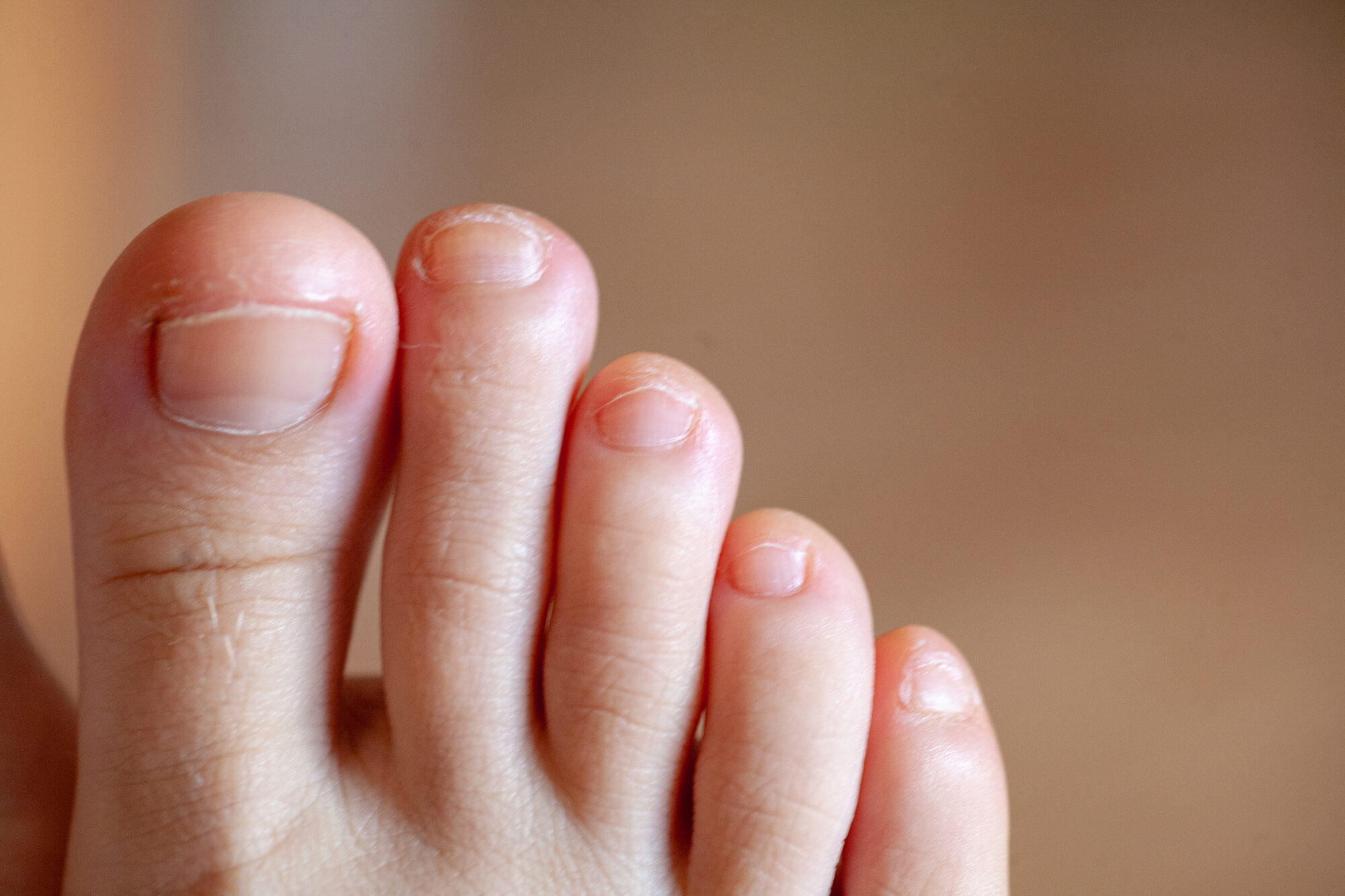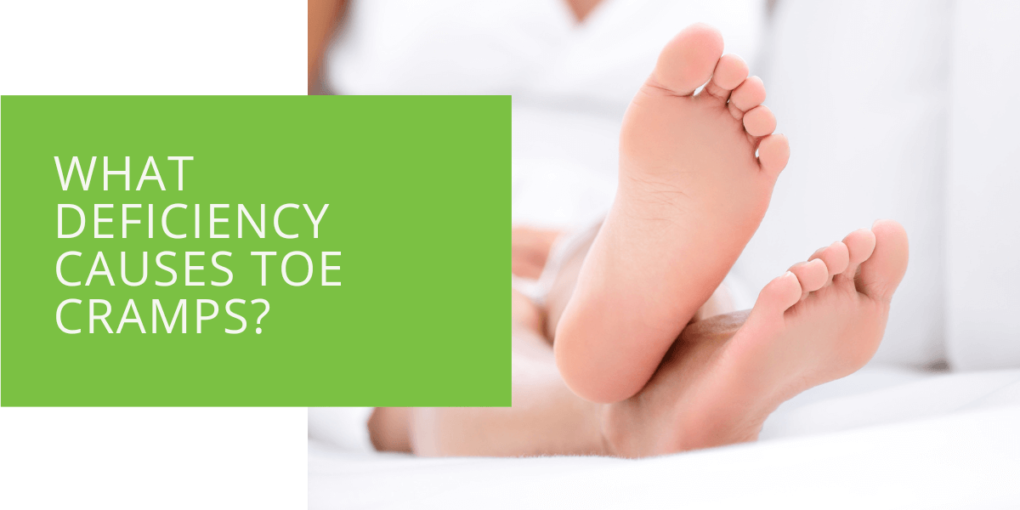What Deficiency Causes Toe Cramps?
Do you dread the sudden jolt of pain that comes with toe cramps? Does it disrupt your day and leave you wondering what you did wrong? Don't worry, you're not alone. Toe cramps can be a common and frustrating problem for many people. But the good news is, there are ways to prevent and manage them.
As experts in podiatry, we understand how toe cramps can be a real pain, literally! That's why we've put together this comprehensive guide to help you understand what causes toe cramps and how you can avoid them. In this article, we'll delve into the role of nutritional deficiencies in triggering toe cramps and provide you with valuable insights to keep your toes cramp-free. So, whether you're an athlete, a senior citizen, or someone who spends a lot of time on their feet, read on to discover how you can take care of your toes and keep them healthy and pain-free.
Key Takeaways
- Toe cramps can be caused by nutritional deficiencies, particularly magnesium and calcium.
- Proper hydration and circulation are essential in preventing toe cramps.
- Consult a podiatrist if toe cramps persist or if you suspect an underlying medical condition.
The Anatomy of Toe Cramps
Understanding Toe Cramps
Before diving into the deficiencies world, let's first understand what toe cramps are. Toe cramps, also known as foot cramps or muscle spasms, occur when the muscles in your toes contract involuntarily. These cramps can range from a mild annoyance to a sharp, excruciating pain and can last anywhere from a few seconds to several minutes.
Toe cramps are not just random occurrences; they often have underlying causes. This section will explore those causes, focusing on nutritional deficiencies.
The Culprit: Nutritional Deficiencies
Magnesium Deficiency and Toe Cramps
One of the primary deficiencies linked to toe cramps is magnesium deficiency. Magnesium is a vital mineral that plays a crucial role in muscle function and relaxation. When your body lacks sufficient magnesium, it can lead to muscle spasms, including toe cramps.
Magnesium deficiency is a well-documented contributor to muscle cramps; toe cramps are no exception. In this section, we'll delve deeper into how magnesium deficiency affects muscle health and what you can do to address it.
The Impact of Calcium
Calcium is another essential mineral for muscle health. It's involved in the process of muscle contraction and relaxation. When your body lacks adequate calcium, it can result in muscle spasms, including those that affect your toes.
Calcium's role in muscle function is critical, and its deficiency can lead to various muscle issues, including toe cramps. This section will explore the connection between calcium and toe cramps in detail.
Dehydration and Muscle Cramps
Dehydration's Role
Inadequate hydration can also trigger toe cramps. Dehydration can lead to an electrolyte imbalance, essential for proper muscle function. When your electrolytes are out of balance, it increases the likelihood of muscle spasms, including toe cramps.
Dehydration is common, and its impact on muscle health is often underestimated. This section will explain how staying hydrated is crucial for preventing toe cramps and maintaining overall well-being.
The Importance of Blood Flow
Proper blood flow is essential for delivering oxygen and nutrients to your muscles. When blood flow to the foot and ankle is compromised, it can result in muscle cramps and spasms, including toe cramps.
Blood circulation is a key factor in muscle health, and its significance in preventing toe cramps cannot be overstated. We'll delve into the importance of circulation and how you can improve it to reduce the risk of toe cramps.

Seeking Relief and Prevention
Now that we've uncovered the connection between nutritional deficiencies and toe cramps let's explore strategies to alleviate discomfort and prevent future episodes.
Taking Action: How to Address Nutritional Deficiencies
Dietary Adjustments
Addressing nutritional deficiencies, especially magnesium and calcium, can help manage toe cramps. We'll provide insights into dietary changes and supplements that can restore the balance of these essential minerals.
Staying Hydrated
Proper hydration is crucial for preventing toe cramps. We'll share practical hydration tips to ensure you maintain the right electrolyte balance and reduce the risk of muscle spasms.
Exercise and Stretching
Regular exercise and targeted stretching can improve circulation, strengthen muscles, and reduce the likelihood of toe cramps. We'll recommend exercises and stretches specifically beneficial for foot and ankle health.
Consulting a Podiatrist
If your toe cramps persist despite trying these remedies or if you suspect an underlying medical condition, it's essential to consult a podiatrist. We'll guide you on when to seek professional help and what to expect during your podiatrist visit.
Conclusion
Understanding what deficiency causes toe cramps is critical in managing and preventing these painful muscle spasms. Nutritional deficiencies, dehydration, poor circulation, and nerve damage can all contribute to toe cramps. Addressing these factors and following preventive measures can significantly reduce the frequency and intensity of toe cramps.
We, as podiatry experts, are committed to providing you with valuable insights into the causes of toe cramps and effective strategies to manage and prevent them. Remember that everyone's experience with toe cramps is unique, and consulting with a podiatrist for personalized guidance is essential.
If you're dealing with persistent toe cramps or have concerns about your foot and ankle health, don't hesitate to contact our experienced podiatrists. We're here to help you take proactive steps toward a healthy, cramp-free lifestyle. Schedule an appointment with us today, and let's work together to keep those toe cramps at bay.

